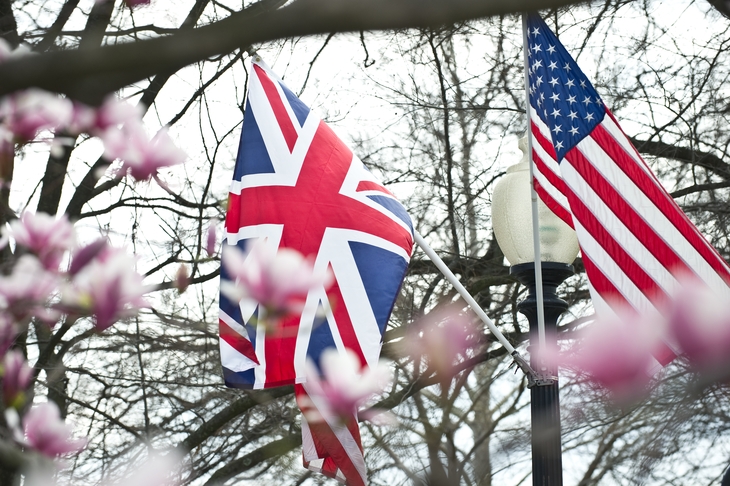In this week’s Life’n’Arts podcast, I talk with Nell Breyer, Executive Director of the Association of Marshall Scholars, about the United States and Great Britain in the age of Donald Trump, and the Marshall Scholarships, an unsung element of the postwar architecture of Atlantic security.
In 1953, the British government, led by Winston Churchill, created the Marshall Scholarships as a gesture of gratitude from Britain to the United States for its support during the War, and for the Marshall Plan, economic aid for the reconstruction of Europe between 1948 and 1953. Notable alumni include two current Supreme Court Justices, Stephen Breyer and Neil Gorsuch, and the late 2008 Nobel Prize winner, biochemist Roger Tsien. This year, 43 American graduates students have won scholarships to study at British universities — the largest intake in more than a decade.
George Marshall, he of the eponymous Plan for the reconstruction of postwar Europe, believed that a ‘close accord’ between Britain and the United States was ‘essential to the good of mankind in this turbulent world of today’. The world is now more turbulent than it was then, but America’s transatlantic alliances have been buffeted by isolationism Democratic, Republican and popular. As Marshall said, sustaining the transatlantic alliance required ‘an intimate understanding of each other’. Bill Clinton certainly did his best to extend his intimate understanding of his hosts in his time at Oxford as a Rhodes Scholar.
Nell and I had a chat about the Marshall Scholars, Donald Trump’s view of the world outside Trump Tower, and about the perhaps the softest kind of soft power, the arts. Once, the State Department sent Louis Armstrong, Duke Ellington and Abstract Expressionism overseas, to promote American culture. These days, the government is out of the culture business—not always a bad idea—but the result is that MTV and YouTube define America in the eyes of the world. And is that essential, or even beneficial, to the good of mankind?







Comments